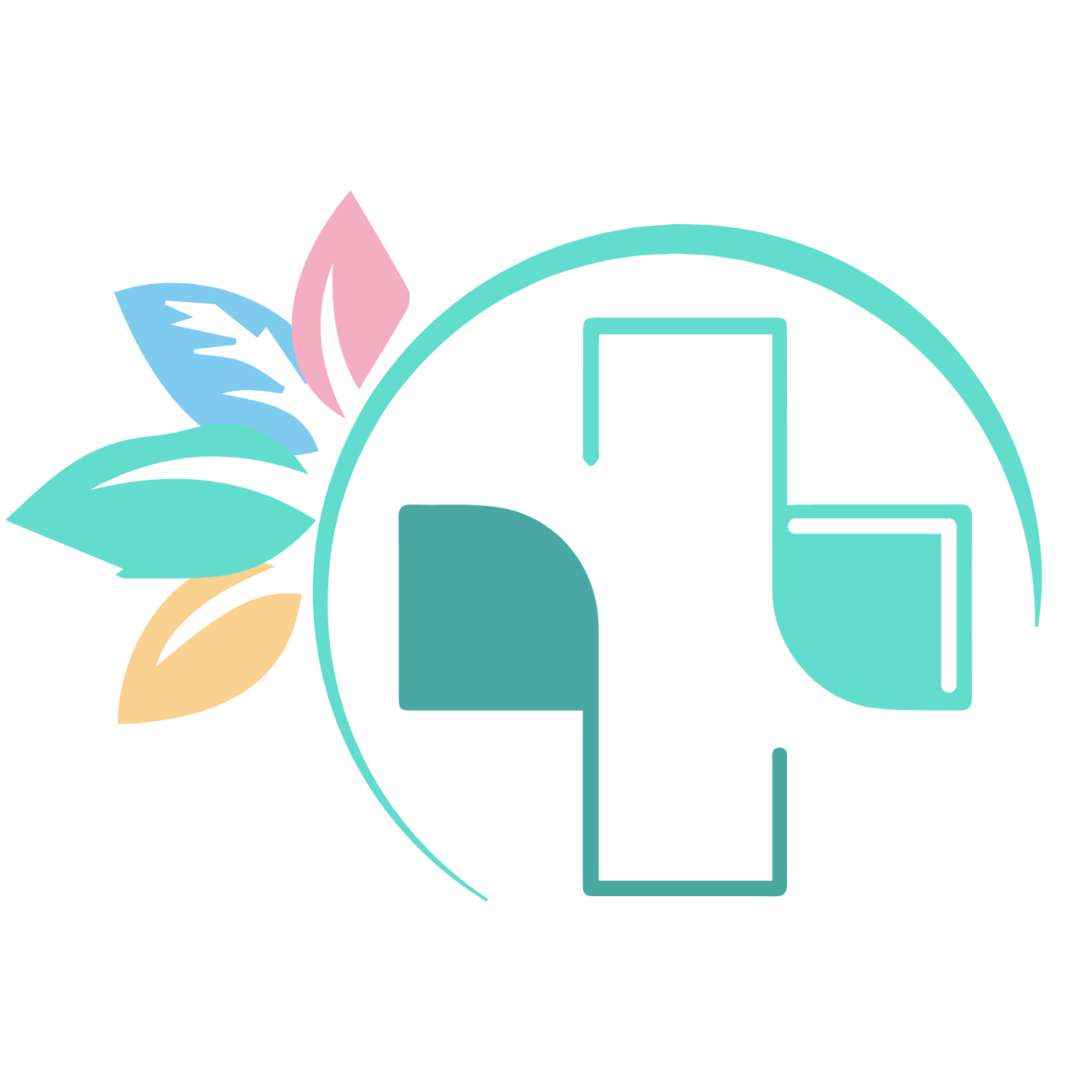Menopause, Perimenopause - Symptoms and Treatment Plan - Dr Neelam Singh - Botany Road Doctors
Menopause is defined as the point when a woman has not had a menstrual period for 12 consecutive months. It is a natural part of aging, typically occurring around age 51. However, menopause can also occur earlier due to:
Surgical removal of the ovaries (oophorectomy) and/or the uterus (hysterectomy)
Chemotherapy
Radiotherapy to the pelvic area
During menopause, the body stops producing oestrogen, the primary female sex hormone. This hormonal change can lead to a range of menopausal symptoms, such as hot flashes, mood swings, sleep disturbances, and vaginal dryness.
In the time leading up to menopause, known as the perimenopause, oestrogen levels fluctuate, which can also cause symptoms even before periods have fully stopped.
Early and Common Symptoms of Menopause
Menopausal symptoms often begin before periods completely stop. This transitional phase is known as perimenopause. Here are the most common early signs and symptoms:
1. Changes in Menstrual Periods
Your periods may become irregular, heavier, or more frequent.
These changes are often the first sign of menopause.
See your doctor if your periods become unusually heavy or more frequent.
2. Hot Flushes and Night Sweats
Hot flushes are sudden feelings of heat, often in the face, neck, or chest.
Night sweats may be severe enough to disrupt sleep or require changing bed sheets.
While almost all women experience these symptoms, they are not always severe.
3. Sleep Problems
Difficulty falling or staying asleep is common.
Sleep may be affected even without night sweats.
Hormonal changes can disrupt your body clock.
Other contributing factors may include:
Pain
Snoring
Alcohol or caffeine consumption
4. Joint Pain and Fatigue
Menopausal hormone changes can lead to:
Joint aches
General fatigue or tiredness
These symptoms may feel similar to other conditions, so it’s important to monitor how they evolve.
5. Mood Changes and Anxiety
You may feel:
More anxious
Irritable
Easily upset or overwhelmed
Hormonal fluctuations can affect emotional regulation, making everyday stress feel harder to manage.
Other Common Menopausal Symptoms
Vaginal Dryness
Many women experience vaginal discomfort, especially during sex.
This is due to a decrease in moisture caused by lower oestrogen levels.
Symptoms may include:
Dryness
Itching
Discomfort or pain during intercourse
Bladder Changes
Hormonal changes can affect bladder control.
You might notice:
Increased urgency or frequency of urination
Difficulty “holding on”
A constant feeling that your bladder is full
These symptoms can affect your daily comfort and confidence.
Managing Menopausal Symptoms
Understanding menopause and having a management plan can greatly improve your quality of life. If your symptoms are troubling you, speak with your doctor — there are many effective options available.
Treatment Options Include:
✅ Lifestyle Changes
Eat a balanced diet
Exercise regularly
Stop smoking
Consider psychological approaches like:
Cognitive Behavioural Therapy (CBT)
Mindfulness
These can improve both physical and emotional wellbeing.
💊 Menopausal Hormone Therapy (MHT)
Replaces oestrogen to relieve symptoms.
Available in various forms (patches, tablets, gels).
Discuss risks and benefits with your doctor.
❌ Non-Hormonal Treatments
Options available for women who cannot or choose not to use hormones.
Can include certain medications targeting hot flushes and night sweats.
🌿 Complementary Therapies
Some women find relief with:
Herbal supplements
Acupuncture
Phytoestrogens (plant-based oestrogens)
Evidence is mixed; discuss safety and effectiveness with your healthcare provider.
Need Help or Have Questions?
If you're experiencing menopause symptoms or have concerns about treatment options, talk to your doctor. They can help you understand your body's changes and find the right strategies to support your health and wellbeing.
Bookings
Book Online Or by calling 0 2 9 0 6 6 0 1 1 1

